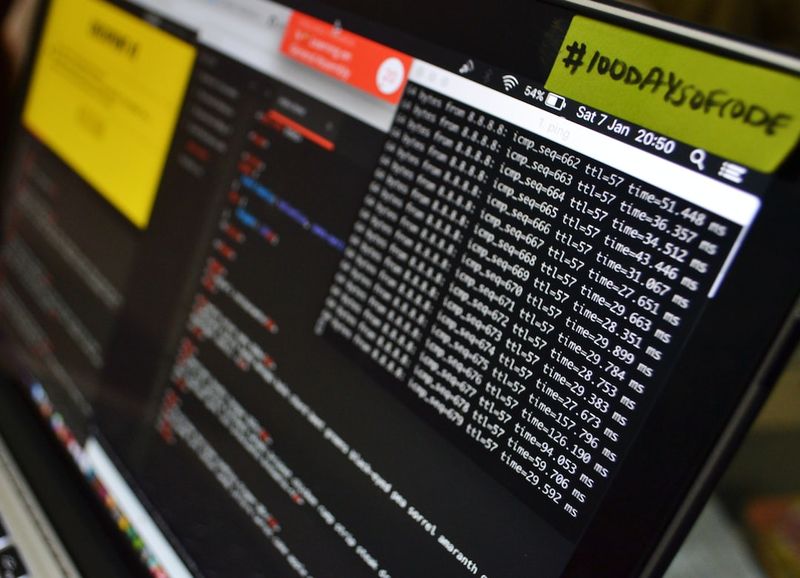Data Breaches Strike Three Cryptocurrency Firms After Kroll SIM Swapping Attack
Overview
Three bankrupt cryptocurrency companies, FTX, BlockFi, and Genesis, have suffered data breaches as a result of a SIM swapping attack on risk and financial advisory firm Kroll. The attack, described as “highly sophisticated,” involved transferring an employee’s T-Mobile phone number to a SIM card controlled by the hacker. This allowed the attacker to access systems containing personal information of bankruptcy claimants in the cases of the three cryptocurrency firms. Kroll immediately took action to secure the affected accounts and notified individuals impacted by the breach. They are also cooperating with the FBI in a full investigation.
The Breach and Impact
According to notifications sent to customers, FTX confirmed that the attacker gained access to files containing information such as name, address, email address, and FTX account balance. However, the company stressed that passwords and digital assets were not affected. Genesis and BlockFi also informed their customers that personal information had been compromised as a result of the Kroll hack. All three companies warned their customers to remain vigilant for scam attempts and phishing emails.
Security and Internet Vulnerabilities
This incident highlights the continued vulnerabilities of online systems and the need for improved security measures. The SIM swapping attack that enabled this breach is a reminder that even seemingly secure systems can be compromised through weaknesses in telecommunications infrastructure. As more individuals and organizations rely on mobile devices for crucial transactions, the risk of SIM swapping attacks becomes increasingly significant.
It is crucial for companies, especially those handling sensitive financial information, to invest in robust security measures and stay updated on potential vulnerabilities. This includes regular system audits, employee training on phishing and scam detection, and encryption of personal data. Additionally, telecommunication companies must also bolster their security protocols to prevent SIM swapping attacks.
Philosophical Discussion: The Role of Trust in the Digital Age
Incidents like these raise important questions about trust in the digital age. As more and more aspects of our lives become intertwined with the online realm, trust in the security of our personal and financial data becomes essential. The breach of trust caused by a data breach can have far-reaching consequences for individuals and businesses.
It is important to recognize that trust is not only about having faith in the security measures implemented by companies but also about the broader societal and legal frameworks that govern data protection and ensure accountability. As technology continues to advance, our approach to trust must evolve as well. This includes pushing for stronger cybersecurity regulations, promoting transparency and accountability in data handling practices, and empowering individuals to take control of their own digital security through education and awareness.
Editorial: Strengthening Cybersecurity Is Key to Protecting Personal Data
Incidents like the recent data breaches suffered by FTX, BlockFi, and Genesis highlight the urgent need for stronger cybersecurity measures across all sectors. As our world becomes increasingly digitalized, the value and vulnerability of personal data have never been more evident.
This breach serves as a warning to individuals and organizations alike to prioritize cybersecurity. Companies must invest in robust security measures, including encryption, multi-factor authentication, and regular system audits. Additionally, employee training on phishing and scam detection is essential to combat the growing sophistication of cyberattacks.
It is also crucial for regulatory bodies to play a proactive role in setting stringent cybersecurity standards and holding organizations accountable for data breaches. Stricter regulations can serve as a powerful deterrent and incentivize companies to prioritize cybersecurity from the outset. Moreover, collaboration between businesses, government entities, and technology experts is vital to staying one step ahead of cybercriminals and fortifying our digital infrastructure.
Ultimately, it is the responsibility of all individuals and organizations to prioritize cybersecurity and protect personal data. Trust in our digital systems is built on a foundation of security, and failure to prioritize cybersecurity risks eroding that trust. By investing in robust cybersecurity measures and promoting awareness, we can work towards a safer, more secure online environment for everyone.
Advice: Protecting Yourself in the Digital World
In an increasingly interconnected world, it is crucial to take steps to protect your personal information. Here are some measures you can take to enhance your online security:
1. Use Strong, Unique Passwords:
Ensure that you use strong, unique passwords for all your online accounts. A strong password contains a mix of uppercase and lowercase letters, numbers, and special characters. Avoid using common phrases or personal information that can be easily guessed.
2. Enable Two-Factor Authentication (2FA):
Enable two-factor authentication whenever possible. This adds an extra layer of security by requiring a second form of verification, such as a fingerprint scan, facial recognition, or a one-time code sent to your mobile device.
3. Stay Vigilant for Phishing Attempts:
Be cautious of unsolicited emails, messages, or phone calls that ask for personal information or prompt you to click on suspicious links. Legitimate organizations will never ask for sensitive information through these channels.
4. Regularly Update Your Software:
Keep your devices and software up to date with the latest security patches and updates. This helps protect against known vulnerabilities that cybercriminals may exploit.
5. Monitor Your Accounts:
Regularly review your financial and online accounts for any suspicious activity. Report any unauthorized transactions or suspicious behavior to the respective organizations immediately.
By following these proactive measures, individuals can enhance their online security and minimize the risk of falling victim to cyberattacks.

<< photo by cottonbro studio >>
The image is for illustrative purposes only and does not depict the actual situation.
You might want to read !
- The Rise of SIM Swapping Attacks: Cryptocurrency Firms Fall Victim to Data Breach
- Unraveling the Complexities of SaaS Security: Looking Beyond Procurement
- Unmasking the Malware Menace: A Sudden Surge Strikes the Public Sector
- The Rise of Cybersecurity Threats: Analyzing LinkedIn’s Recent Account Hacks
- The Rise of Cybercrime: Unveiling the Dark Underworld of Online Forums
- Cloud Data Security 2023 Report Reveals Alarming Exposé of Sensitive Data in Over 30% of Cloud Assets
- Ransomware Game Changer: LockBit 3.0 Leak Fuels Proliferation of New Variants
- Africa Takes Aim at Cybercrime Surge: Crackdown, macOS Vulnerability, and Investor Disclosures in the Spotlight
- The Rising Danger of ‘Whiffy Recon’: Malware Exposing Your Location Every Minute
- Unveiling the Threat: Malicious npm Packages Threaten Roblox Game Developers




